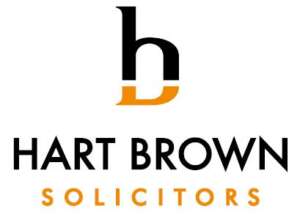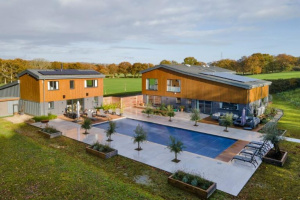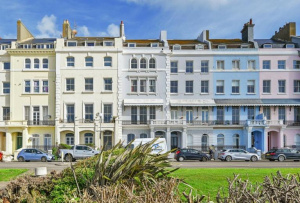Leasehold jargon buster for lessees
 Buying or owning leasehold property can be daunting for leaseholders for a number of reasons. In particular, many leaseholders complain that associated jargon is overwhelming. But the fact of the matter is that as a leaseholder you have important rights and realising these rights is much easier than you might think.
Buying or owning leasehold property can be daunting for leaseholders for a number of reasons. In particular, many leaseholders complain that associated jargon is overwhelming. But the fact of the matter is that as a leaseholder you have important rights and realising these rights is much easier than you might think.
Here are some of the terms you might regularly come across.
Leaseholder and freeholder
You, as the leaseholder are commonly known interchangeably as the ‘lessee’ or ‘tenant’. When you buy a leasehold property you are purchasing a lease which is essentially a contract permitting occupation of a flat upon specific terms.
The freeholder is known as the ‘lessor’ or ‘landlord’. They own the block in which the flat is situated. They will also have the power to impose certain rules against you which will appear in the lease, for example – they may require you to ask their permission before making alterations to the property.
The great news is that most leaseholders have the ability to buy their freehold collectively. More on this later…
Lease
A lease is the contract that sets out the terms on which you ‘own’ your flat. This document will contain ‘covenants’ which are essentially rules and regulations relating to the property. By signing or buying a lease you and the freeholder are agreeing to observe these covenants. The lease will also set out the amount of the ground rent and service charges that you will pay to the freeholder.
Ground rent
Ground rent is an annual fee (although in practice it is often payable on a six monthly or quarterly basis) that you pay to the freeholder. This may be a fixed or rising ground rent, depending on the terms of the lease. This can also be increased (or indeed decreased) by agreement of both the leaseholder and freeholder and can be reduced to a peppercorn on a lease extension claim.
Leasehold enfranchisement
The term ‘leasehold enfranchisement’ is often met with a bemused look. Ultimately, this is an umbrella term and mainly covers the following:
- Collective enfranchisement
- Lease extensions
- Right to Manage claims
- Right of First Refusal
Collective enfranchisement
As a leaseholder you may have the right to buy the freehold interest in your building. There are strict requirements that must be met but the crux of collective enfranchisement is that you and the other leaseholders in your building join together to purchase the freehold interest. There are a number of advantages to this. You can manage the block how you wish, which usually results in much lower service charges. You can also extend your lease to a much longer term without paying a premium.
 Written by Kirsty Frampton – Hart Brown Solicitors
Written by Kirsty Frampton – Hart Brown Solicitors
Keep an eye out for future posts which will discuss some of the above in more detail. Alternatively, you can contact our award winning Leasehold Enfranchisement team at Hart Brown Solicitors on 01483 887766.


